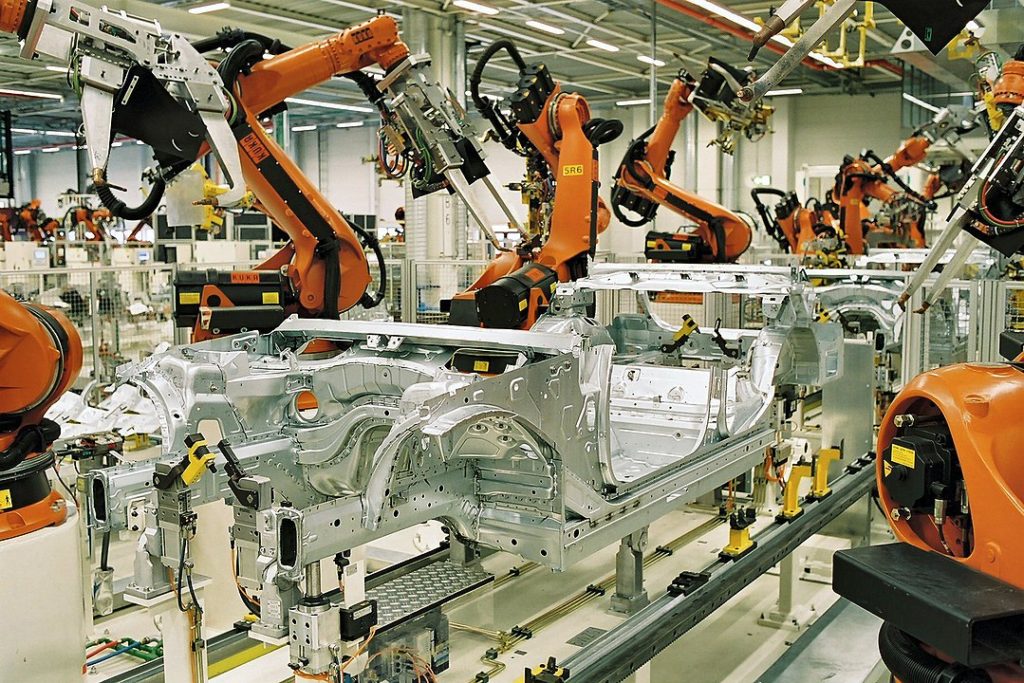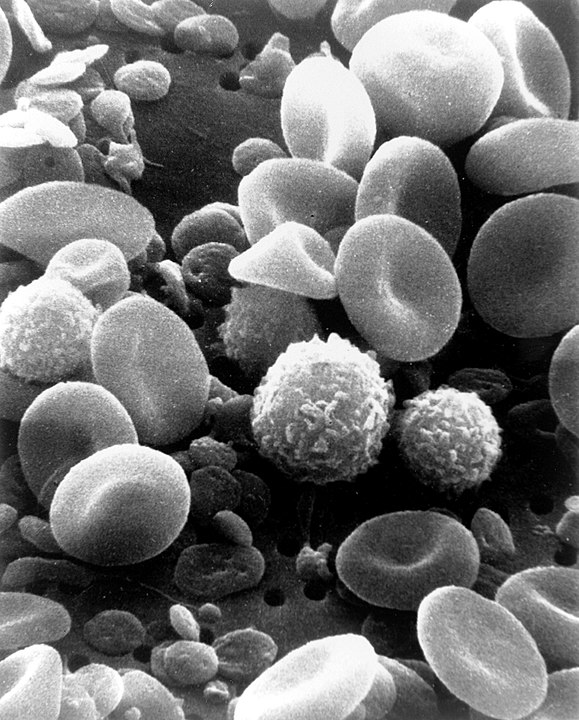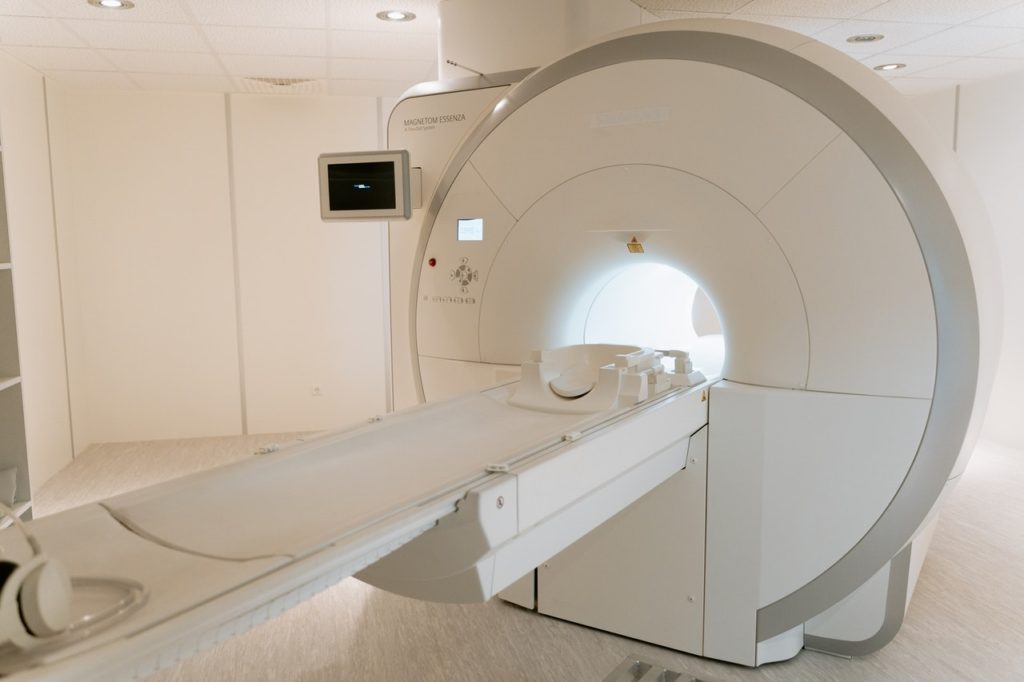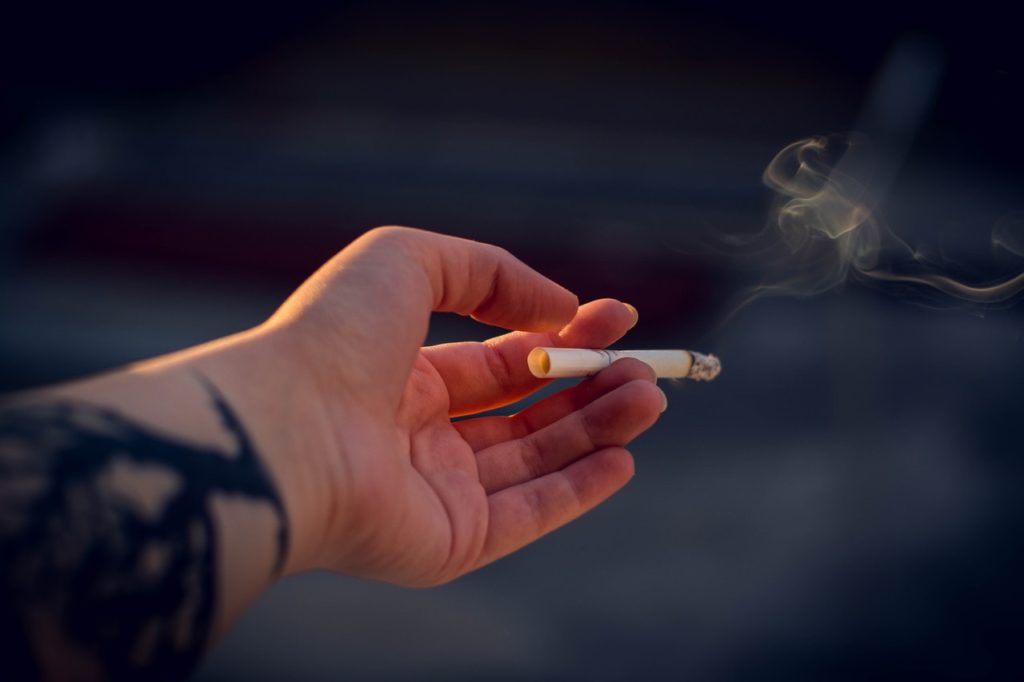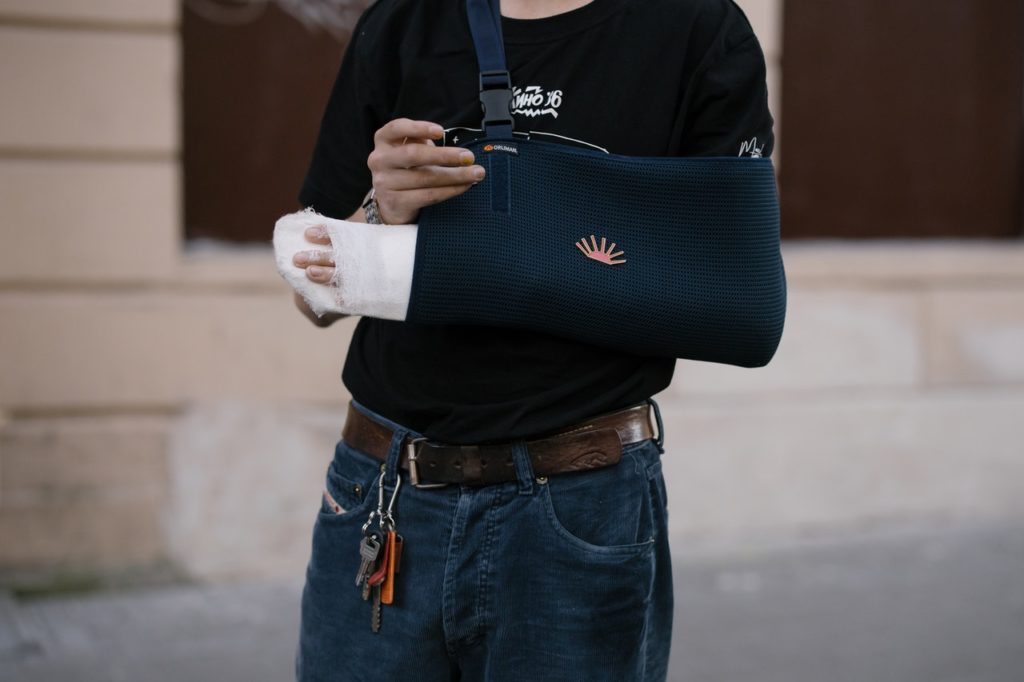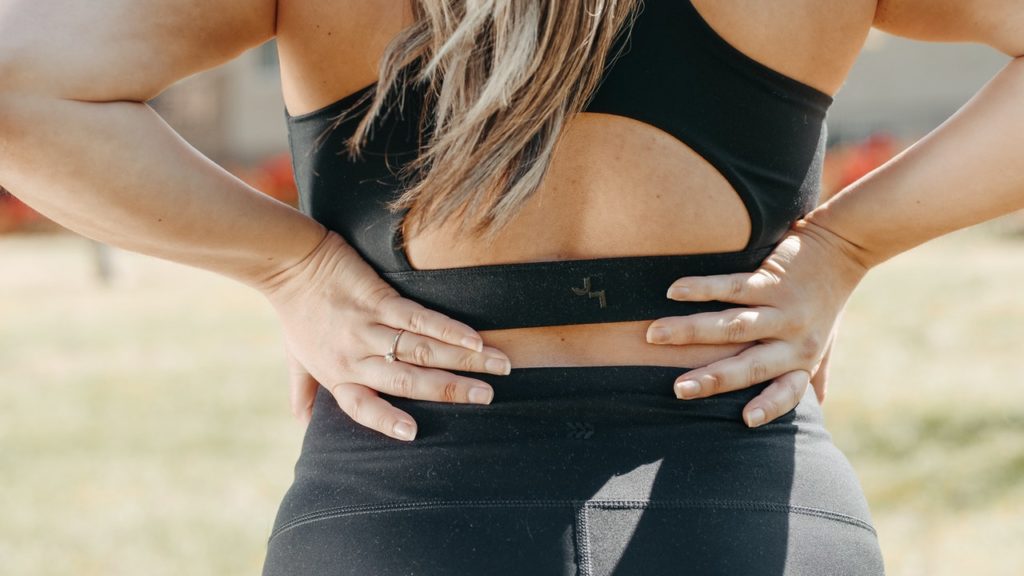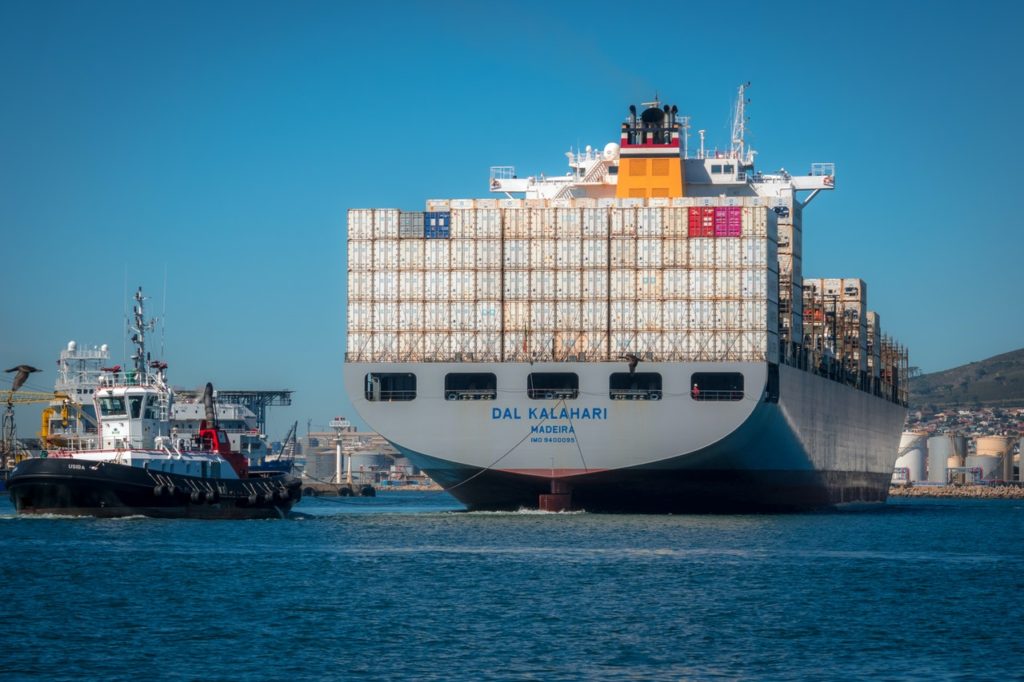#57 How does spot welding work and what is it used for?
I learned this today. Spot welding was discovered by accident by Elihu Thomson in 1877 when he was giving a lecture on electricity and accidentally passed a current through two pieces of wire. Spot welding is obviously a form of welding. Welding is the process of joining any two pieces of metal together through heat. […]
#57 How does spot welding work and what is it used for? Read More »

